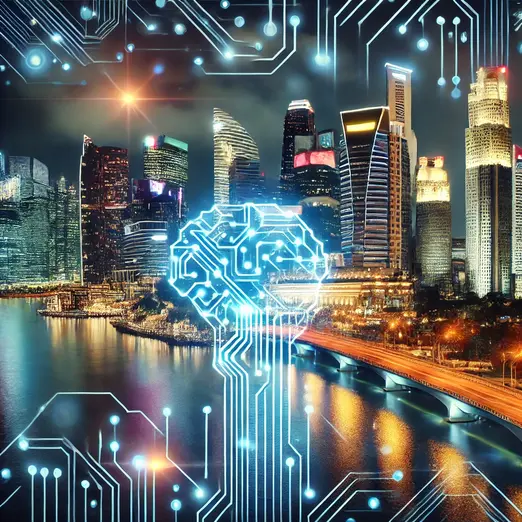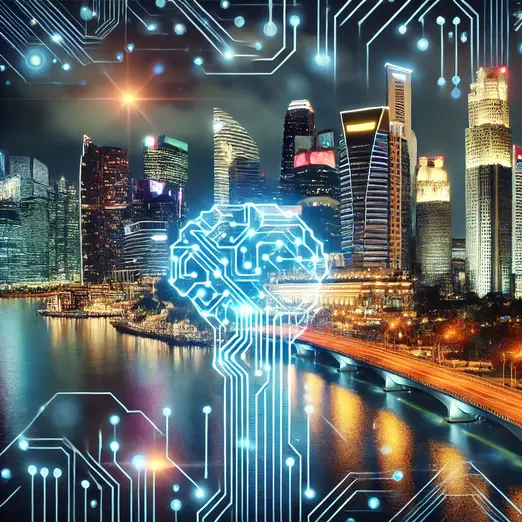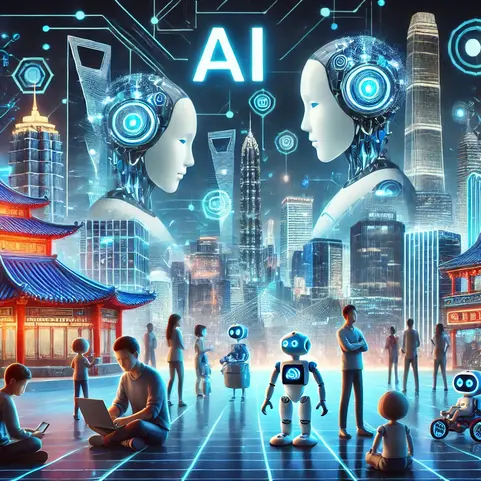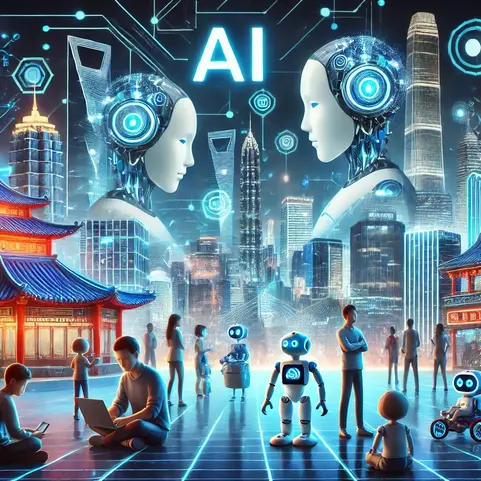
The Ministry of Education recently issued directives urging universities nationwide to incorporate vocational courses focused on AI applications. This effort aims to equip students with the competencies required to thrive in an increasingly digital economy. By fostering collaboration between academic institutions and industry stakeholders, the government seeks to create a talent pipeline adept in cutting-edge technologies, thereby enhancing graduates’ employability.

This policy shift comes in response to a significant talent gap in the AI sector. Projections indicate that China’s demand for AI professionals is expected to grow sixfold by 2030, escalating from one million to six million. However, current educational and training infrastructures are anticipated to meet only one-third of this demand, potentially resulting in a shortfall of approximately four million AI-skilled workers.
To address this impending shortage, several of China’s top universities, including Peking University, Renmin University, and Shanghai Jiao Tong University, have announced plans to expand undergraduate enrollment in fields pertinent to national strategic needs, such as information science, engineering, and AI. This expansion aligns with China’s ambition to become a global leader in technological innovation by 2035, with a particular emphasis on strengthening its AI capabilities.
The integration of AI skills training is also seen as a vital strategy to mitigate the challenges posed by a competitive job market. With a record number of graduates entering the workforce, the emphasis on AI competencies is intended to diversify employment opportunities and reduce youth unemployment rates. This approach not only caters to the immediate needs of the job market but also aligns with long-term economic strategies aimed at sustaining growth through technological advancement.
Moreover, the government’s initiative encourages university-enterprise collaborations to ensure that AI education remains relevant and practical. By engaging industry experts in curriculum development and offering hands-on training opportunities, the educational system aims to produce graduates who are not only theoretically proficient but also possess the practical skills demanded by employers.
In conclusion, China’s proactive stance on integrating AI skills training into higher education reflects a strategic effort to align its workforce with future economic demands. By addressing the AI talent gap and enhancing the employability of its graduates, the nation positions itself to maintain competitiveness in the global technology landscape. This initiative exemplifies a forward-thinking approach to education and employment, ensuring that the next generation is well-equipped to contribute to and thrive in an AI-driven world.
Sources-














